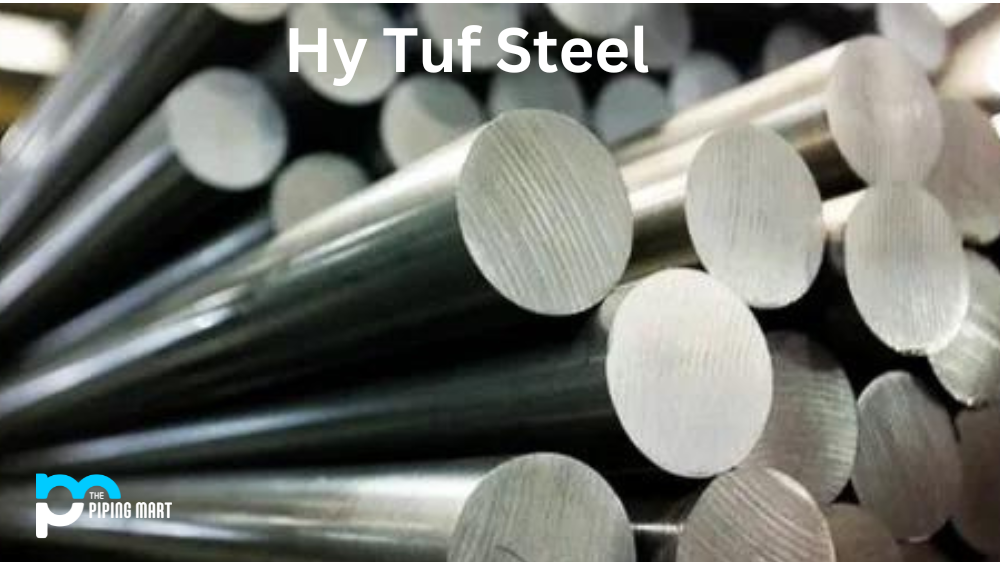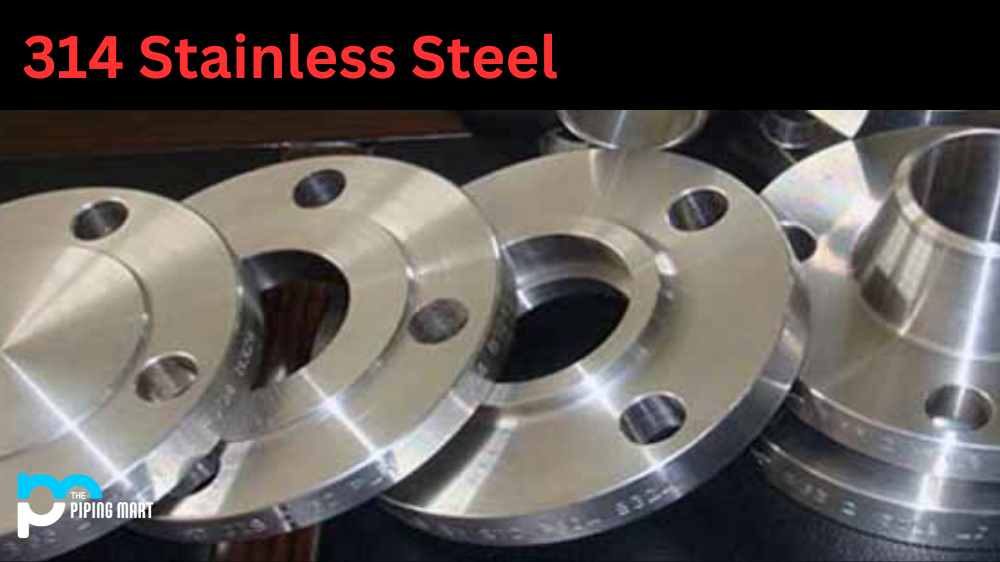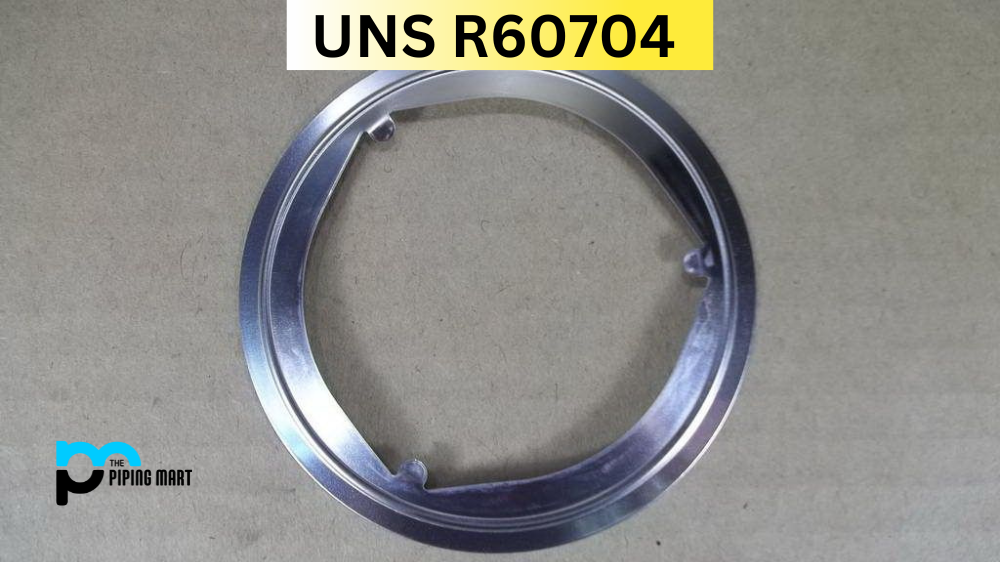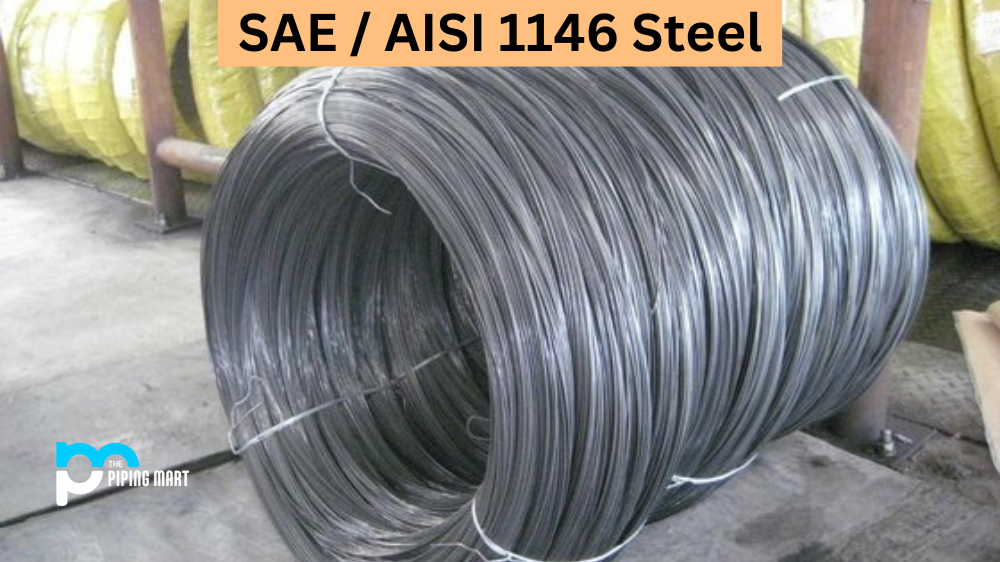In the world of metallurgy, high-tensile strength steel is crucial for manufacturing various industrial machinery, structures, and equipment. Hy Tuf steel is a high-tensile strength steel widely famous for its strength, ductility, and toughness. It is used in many mechanically demanding applications that require high durability, such as aircraft landing gear, missile components, and critical automotive parts. This blog post will discuss everything you need about Hy Tuf steel – its composition, physical and mechanical properties, uses, hardness, and heat treatment.
Hy Tuf Steel Composition
Hy Tuf steel is a low-alloy, high-strength steel that contains mainly manganese, chromium, and molybdenum. The steel’s chemical composition allows it to form a fine-grain microstructure, contributing to its strength, toughness, and fatigue resistance. The chemical composition of Hy Tuf steel may vary depending on the manufacturer but typically contains around 0.2% carbon, 1.7% manganese, 0.5% chromium, and 0.2% molybdenum.
Hy Tuf Steel Physical Properties
Hy Tuf steel has several physical properties, making it a popular choice among engineers and manufacturers. It has a density of around 7.85 g/cm3, which makes it a relatively lightweight steel despite its high strength. Its thermal conductivity ranges between 26-48 W/m.K, and its coefficient of thermal expansion is around 12 x 10-6 m/m.K. Furthermore, Hy Tuf steel has excellent corrosion resistance, making it ideal for use in harsh environmental conditions.
Hy Tuf Steel Mechanical Properties
The most significant advantage of Hy Tuf steel is its high tensile strength, which ranges between 980-1200 MPa. It also has a high yield strength of around 800 MPa, which means it can withstand loads without permanent deformation. Hy Tuf steel is also highly ductile, with an elongation of about 12-25%, which means it can absorb significant amounts of energy without fracturing.
Hy Tuf Steel Uses
Hy Tuf steel has many applications due to its excellent mechanical properties and toughness. It is commonly used in aircraft landing gear, missile components, and automotive parts that require high strength and durability. It is also used in structural applications, such as bridges and buildings, where power and toughness are crucial. The high strength of Hy Tuf steel also makes it suitable for use in the construction of pressure vessels and pipelines.
Hy Tuf Steel Hardness
The hardness of Hy Tuf steel depends on its heat treatment but typically ranges between 200-250HB. The steel’s hardness is essential to its strength and toughness, as it determines how well it can resist deformation and fracture under high loads.
Hy Tuf Steel Heat Treatment
Heat treatment is crucial for achieving the desired physical and mechanical properties of Hy Tuf steel. The most common heat treatment process for Hy Tuf steel is quenching and tempering. The steel is heated to a high temperature during quenching and then rapidly cooled in water or oil to form a martensitic microstructure. After satisfying, the steel is tempered to improve its toughness and ductility.
Conclusion
Hy Tuf steel is high-strength steel with excellent mechanical properties, making it suitable for various applications. Its chemical composition, physical and mechanical properties, hardness, and heat treatment make it one of the most popular choices among manufacturers and engineers. With its excellent strength, toughness, and ductility, Hy Tuf steel provides outstanding performance and durability even in harsh environments. Whether you are designing aircraft landing gear, missile components, or pressure vessels, Hy Tuf steel is an ideal choice for your project.
Sakshee is a talented blogger, with a particular focus on the Business and Metal Industry. She is passionate about sharing her insights on various metal products and helping professionals to make a better decisions.




